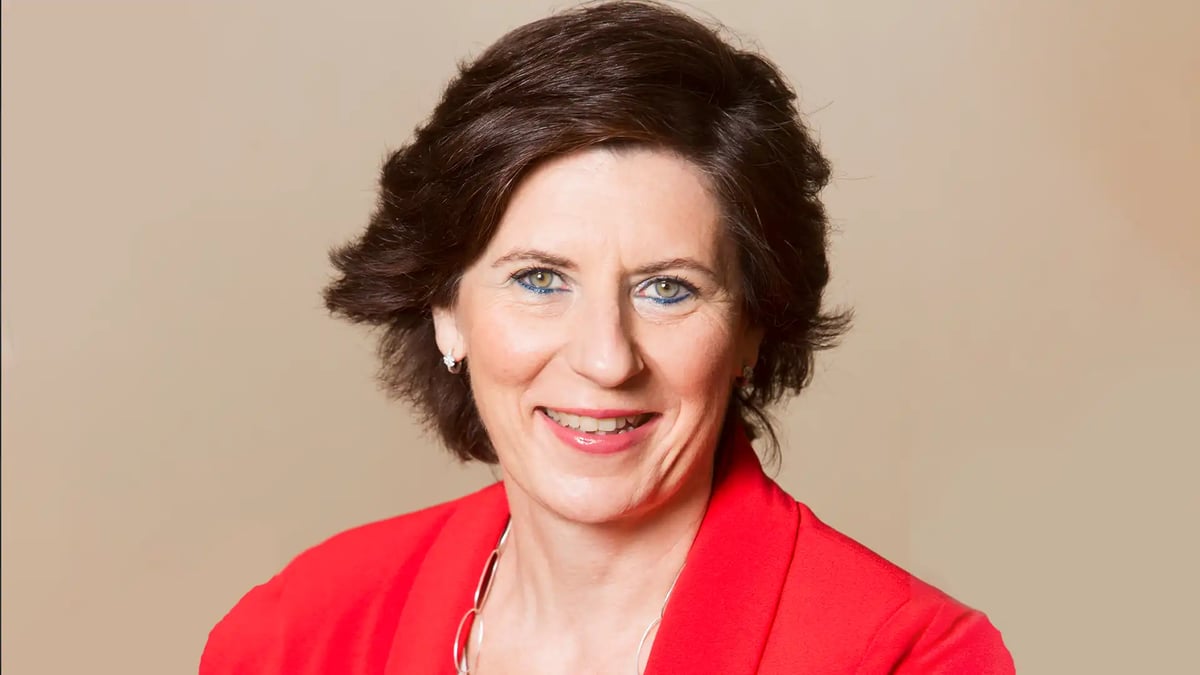The GCC region, with relatively less legacy infrastructure, is primed to focus on future technological advancements without struggling like Europe, which is saddled with legacy systems and regulations.
Speaking to Economy Middle East at HP’s ‘Future of Work, leading a new era’ event, Helena Herrero, president of HP Southern Europe, Middle East and Africa, stressed the need to evolve processes in parallel with adopting new tools.
She is also optimistic about the role AI can play in future tech developments.
Read | Tech will enhance human capabilities, it won’t replace people: HP’s Cory McElroy
Edited excerpts from the interview:
How do you see the transformation of the region?
It’s exciting to be here. When I think about this region, what stands out is its remarkable transformation over the past 20 years. The speed of change, not just in the landscape and cities, but also in how things are approached, is impressive. This region has embraced technology as a key enabler, and that includes AI. Having a ministry dedicated to AI shows a forward-thinking approach, understanding AI’s potential impact on people, businesses, and government.
On that note, how do you see AI shaping the future here?
AI is a game-changer. It’s essential to experiment with it to truly grasp its potential. The youth here have a strong grasp of technology, which gives the region a significant advantage. As we integrate AI, it’s vital to consider its impact on processes, businesses, and even entertainment. The region’s youth-driven understanding and the focus on developing relevant skills will create a competitive edge.
With these advancements, how do you see people adapting to technological changes?
Change is crucial. You can introduce new tools, but if processes don’t evolve, efficiency won’t improve, and frustration will grow. Expectations from technology, especially AI, are high. People want technology to enhance both their personal and professional lives. For instance, in the workplace, there’s a demand for hybrid and remote work options, and AI can facilitate better communication and collaboration.
Speaking of collaboration, how do you think AI and technology will influence human interaction?
Technology should make interactions more personalized and collaborative. Even in remote settings, AI can bridge the gap, allowing people to feel connected. The way we express ourselves — our tone, passion, and body language — plays a big role in communication. Technology needs to capture these nuances to foster trust and effective collaboration.
Privacy and security are major concerns with AI. How should companies address these issues?
Security is paramount. As technology use increases, so do threats. It’s crucial to design secure devices and systems, considering security at every level, from endpoints to software stacks. Companies need to integrate security into their products and services, ensuring data protection while balancing privacy concerns.
How does sustainability fit into the conversation about AI and technology?
Sustainability is integral. It’s not just about reducing energy consumption or using eco-friendly materials. It’s about understanding the broader impact, including logistics and CO2 emissions. Technology should help customers reduce their environmental footprint. Sustainability also encompasses human rights and community impact, which are crucial for holistic progress.
Do you think the advancement of AI has shifted HP’s focus from products to software and AI-driven solutions?
I would say it is more about becoming customer-centric. Understanding customer needs and delivering tailored outcomes is key. AI and technology should be part of a broader strategy that includes products, software, and services, all aimed at enhancing customer experiences.
Comparing Europe to the Middle East, why does the GCC seem to be moving faster in technological adoption?
The GCC has less legacy infrastructure, allowing it to focus on future advancements. Europe, with its extensive legacy systems and regulations, faces more hurdles. However, both regions recognize the importance of not missing out on this technological revolution. Reskilling and adapting to new technologies are essential for both regions to thrive.








